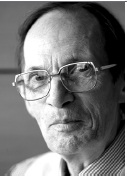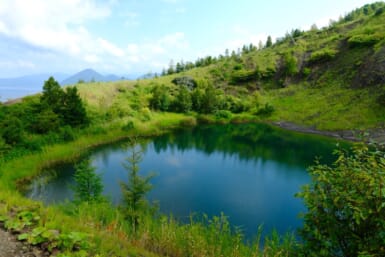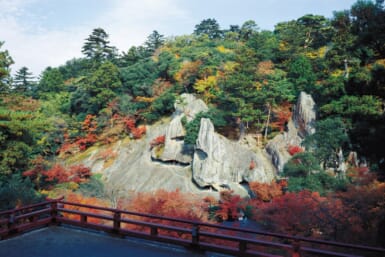Hmm, when I first came here, aeons ago, Tokyo was famous as the safest city in the world. Today, for the first time, I avoid walking through dark alleys when dusk comes. Crazy, eh?
It may be covering crime stories occasionally that has done this to me. But the city is a mess—by the old standards—and it is getting worse, my colleague Bill Hersey reports from Roppongi. Certainly, there has been a deterioration.
Look at the facts: the decline in the number of arrests for violent crimes; the surge in prostitution with very young girls using an internet; the surge of Chinese gangs into Kabukicho in Shinjuku; and so on.
The other day it was my duty to report the murder of a freelance journalist. That was rarissimo here—for a journalist to be killed in the line of duty. This poor beggar was fished out of Tokyo Bay with fractures to his skull and eight stab wounds in his back, they said.
All of which is disturbing. Violence is a running story here now, to judge by the almost daily utterances of Shintaro Ishihara, the governor. The rising tide of violence is a major theme for him.
To cope with the situation, he has brought in a chap called Yutaka Takehana, a former prefectural chief of police in Hiroshima, to serve as his deputy. This is the first time the governor of Tokyo has recruited a cop as his understudy, to the best of my knowledge. But what this city needs, Ishihara-san evidently decided, was someone at the top who knows how to combat crooks.
One might liken the situation here now, in some ways, to the way it was in New York until they brought in Rudy Giuliani, as mayor, and he cracked down on vice and crime in the 1990s—and transformed the city in the process. Today, a friend who just returned from New York told me, it is perfectly safe to walk the streets late in the evening. The subway is safe.
But it’s not that easy, honestly. Tokyo and London, perhaps, are the two world-class cities now with the biggest problems—and boy, how quickly they have developed. At least that is what the statistics suggest.
The police used to catch roughly 90 percent of all those who committed violent crimes, I am told. These days that number is down to 60 percent in Tokyo. What that figure implies is that the old methods—the cops depended on the general public to bring them info—have fallen by the wayside.
People don’t know each other any more. They hole up at night in their tiny apartments—those coin-locker type apato with metal doors—and they don’t know their neighbors. They scarcely say hello to each other in the morning.
So what’s to be done?
Here’s one curious fact. There is a tremendous, almost obsessive interest in crime here. A Japanese friend who visited London not so long ago told me that the vast majority of the visitors to the rather obscure Sherlock Holmes museum there are Japanese. There are more connoisseurs of Conan Doyle’s masterly detective stories in this country than in the whole of the rest of the world put together, outside the UK. One can just see these pundits reaching for their deerstalker hats.
It may be possible to tap into this innate Japanese zeal, the thought goes, and to develop such interests in the young. Why not set up what would be the world’s first police theme park, say some friends of Mr. Ishihara. This idea was loudly hooted at elsewhere in the columns of Tokyo Weekender, when I brought it up recently. But I rather like it.
Suppose they put a cult figure at the heart of the exhibition—such as the late Yujiro Ishihara, the kid brother of the governor. He was really someone. The Japanese see him as a James Dean/Marlon Brando/Elvis Presley, all wrapped up in one. A memorial park opened in his memory in Hokkaido has attracted 10 million visitors. Why not do something similar here in Tokyo? Show some of his cop movies. And build the whole effort around this cult figure?
I guarantee the place would be a whopping success. And there is a site available, namely Odaiba. I went over there the other day, to check it out. There are masses of empty space there still. It has not yet taken off, but an onsen they opened there, a few years ago, is a whacking success—I spent many hours there. I can see Yujiro and his ten million fans slipping into place next door. Why not? If the backers can be found…









_KRAACH-クリスタルバスソルト-385x257.jpg)